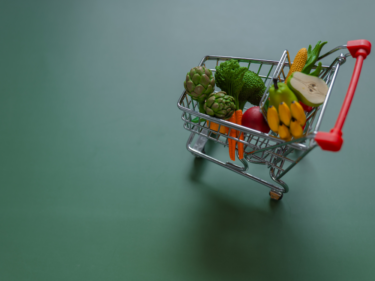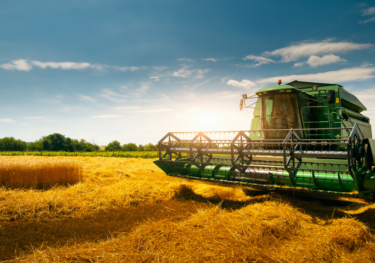Recent Release | 08 Aug 2022
The Economic Impact of Reckitt in India: Supporting India’s Growth and Ambitions

Economic Consulting Team
Oxford Economics

Reckitt is a world-leading health, hygiene, and nutrition company, which invests in the care and development of the world’s population—all in the purpose of creating a cleaner, healthier world. This includes an important presence in India—one of Reckitt’s top three markets, where it has been operational since 1934.
Our new report, commissioned by Reckitt, evaluates the total contribution the company’s operations in India made to India’s economy and society in 2021. Our analysis shows that Reckitt supported a total contribution to GDP in India of INR78.8 billion (£775 million), and supported more than 69,000 jobs in 2021.
Reckitt also invests in the productive potential of the Indian economy by investing in Research and Development (R&D). Most notably, Reckitt has three R&D facilities in India, including the vector-borne disease Entomology ‘Centre of Excellence’ in Gurgaon.
Our research also investigates Reckitt’s contribution to wider social development in India, including its investment in upskilling its workforce, and support to local communities to lead healthier and more hygienic lives.
About the team
Our Economic Consulting team are world leaders in quantitative economic analysis, working with clients around the globe and across sectors to build models, forecast markets and evaluate interventions using state-of-the art techniques. Lead consultants on this project included:

Stephen Foreman
Associate Director, Economic Impact

Elizabeth Martindale
Economist, Economic Impact
You might be interested in

Food prices to bottom out in 2024, risks skewed to upside
Our baseline forecast is for world food commodity prices to register an annual decline this year, in aggregate, reducing pressure on food retail prices further downstream. However, we believe the risks to this forecast are overwhelmingly skewed to the upside.
Find Out More
Wheat prices soften in 2024, but risks tilted to the upside
Households have been grappling with sharply higher food bills over the past couple of years because of rocketing agricultural commodity prices, which have contributed to sharply higher inflation globally. Key amongst these agricultural commodities is the price of wheat, which is especially important in much of the developed world.
Find Out More
Diageo’s Economic Impact in Europe
Diageo commissioned Oxford Economics to produce an assessment of its economic impact across Europe in 2022. This illustrated the company's large economic footprint, which supported a a significant number of jobs throughout its value chain.
Find Out More
International Wine and Spirits in ASEAN: The economic contribution of the international wine and spirits value chain in Thailand and Vietnam
This report presents an assessment of international wine and spirits' contribution to the economies of Thailand and Vietnam.
Find Out More